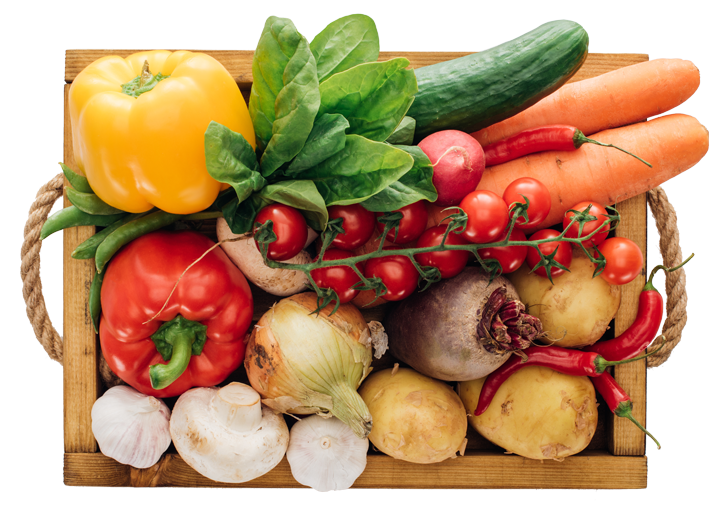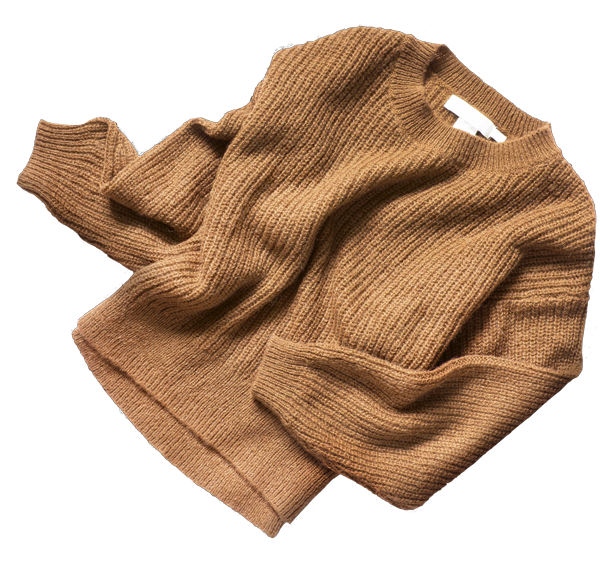Oceans full of plastic, rising temperatures and species extinction: the consequences of environmental pollution are more obvious today than ever. As a result, the topic of sustainability is becoming more and more important. A few changes everyone can make right now will not only help to slow down climate change, but also its dramatic effects. Moreover, they can help to improve our health and save us money. Everyone can contribute to the protection of the environment – in many different areas of life.
TEXT Jessica Dawid, Franziska Hapke
IMAGES rawpixel.com/Pexels, Simon Belcher/Adobe Stock, sveta/Adobe Stock, imagineilona/Adobe Stock, floraldeco/Adobe Stock, gitanna/Adobe Stock

Shopping
Regional and seasonal
When buying groceries next time, especially fruits and vegetables, make sure to select seasonal and regional produce. In terms of the ecological footprint of the products, this is even more important than an organic label.
Buy unpackaged products
Did you know that some shops offer you to bring your own containers when buying washing powder? So-called zero-waste shops follow this principle for many other products, from muesli through to cosmetics.
Make your own
You can make many products yourself at home. From deodorant cream, treatment oils through to laundry detergents and cleaning products or non-dairy milk: with homemade products you know exactly what is inside. Moreover, they help you save money and reduce packaging waste. Recipes can be found in numerous DIY books and blogs.

Food
Food sharing
If your neighbours and friends also want to reduce the amount of waste they produce, you could suggest them to exchange leftovers or excess food.
Eco-friendly barbecues
Aluminium is toxic – not only for our environment, but also for our nervous system. Did you know that you can simply substitute aluminium foil on the barbecue with kohlrabi leaves? They are just as useful for cooking cheese and vegetables but much more ecological and healthful.
Drinking straws can be sustainable
Have you tried drinking straw alternatives made from stainless steel or glass? They are robust, dishwasher-safe, look stylish, last forever and can be recycled without any problem. The drinking straws used at the HELLER Anniversary Day were actually stainless steel straws.


Clothing
Buy second-hand
Why always buy new clothing? Often, you can find real treasures or pick up some great bargains in second-hand shops or on online platforms. You can also sell items of clothing and accessories you no longer wear but are too good to throw away. Yet another sustainable solution that saves you money.
Washing bag against microplastics
Have you heard of the eco-friendly washing bag? It has been specifically designed for washing garments containing plastic fibres (e.g. polyester sports clothing) and catches the tiniest microfibres that would otherwise be released into waste water. It also protects clothing from fibre loss.
Pay attention to labels
In terms of food, we are increasingly paying attention to food labelling and logos. Why not do the same with clothing? After all, conventional cotton is treated with high quantities of pesticides. Often, it is also genetically modified and requires toxic chemicals in the processing. The most important clothing labels for organic cotton are the GOTS and IVN BEST label, which additionally ensure adherence to socially responsible minimum standards in production. The focus of the FairTrade Certified Cotton label is to ensure fair payment of cotton farmers, whilst the members of the Fair Wear Foundation are committed to ensuring the rights of textile workers.

At work
The benefit of the new media
In times of e-mail and e-readers you can easily do without printed documents to prevent wasting paper. Instead, you can access them online at any time without a problem and share them using the internet.
Standby mode is convenient …
… but also increases energy consumption and costs you money. Make your PC sleep during lunch break or overnight when you are not working.
Share a car with colleagues
Often, the people working at a company come from the same area and live close to each other. So why not share a car to go to work? Apart from being eco-friendly, you do not have to drive yourself every day and have an opportunity to chat with your colleagues. Many companies, including HELLER in Nürtingen, support this idea, providing parking spaces right in front of the entrance for staff sharing a car to go to work.


